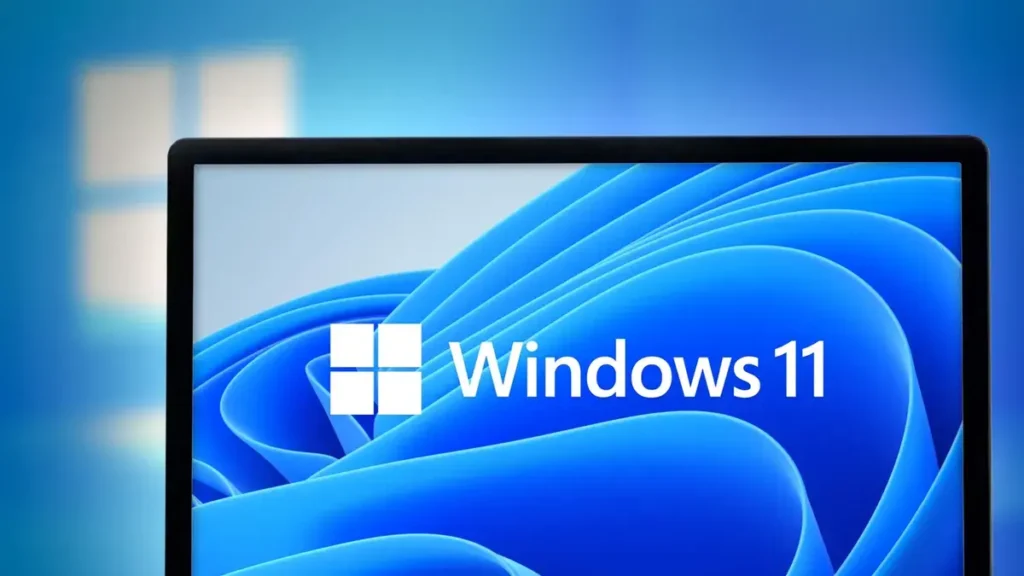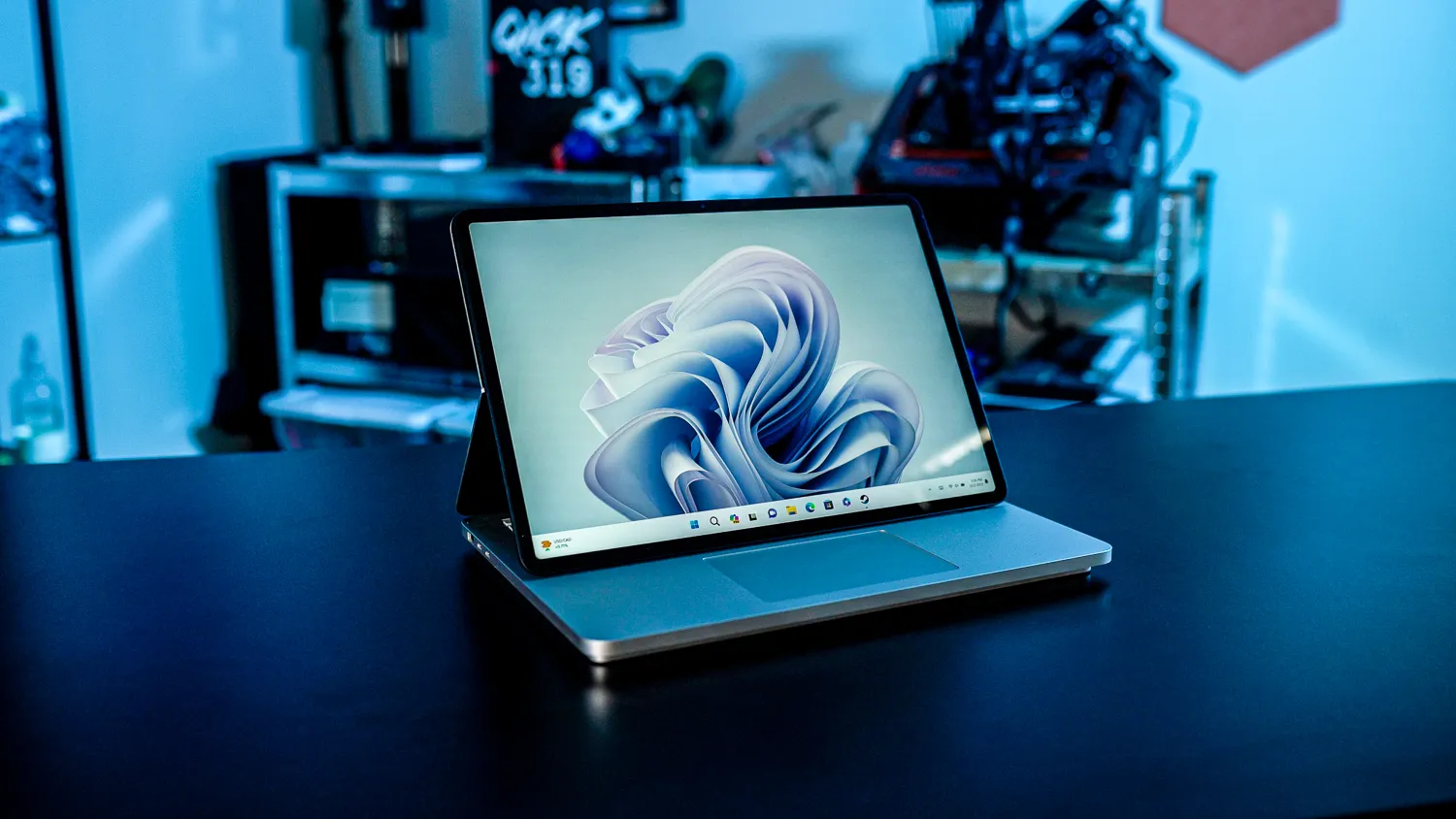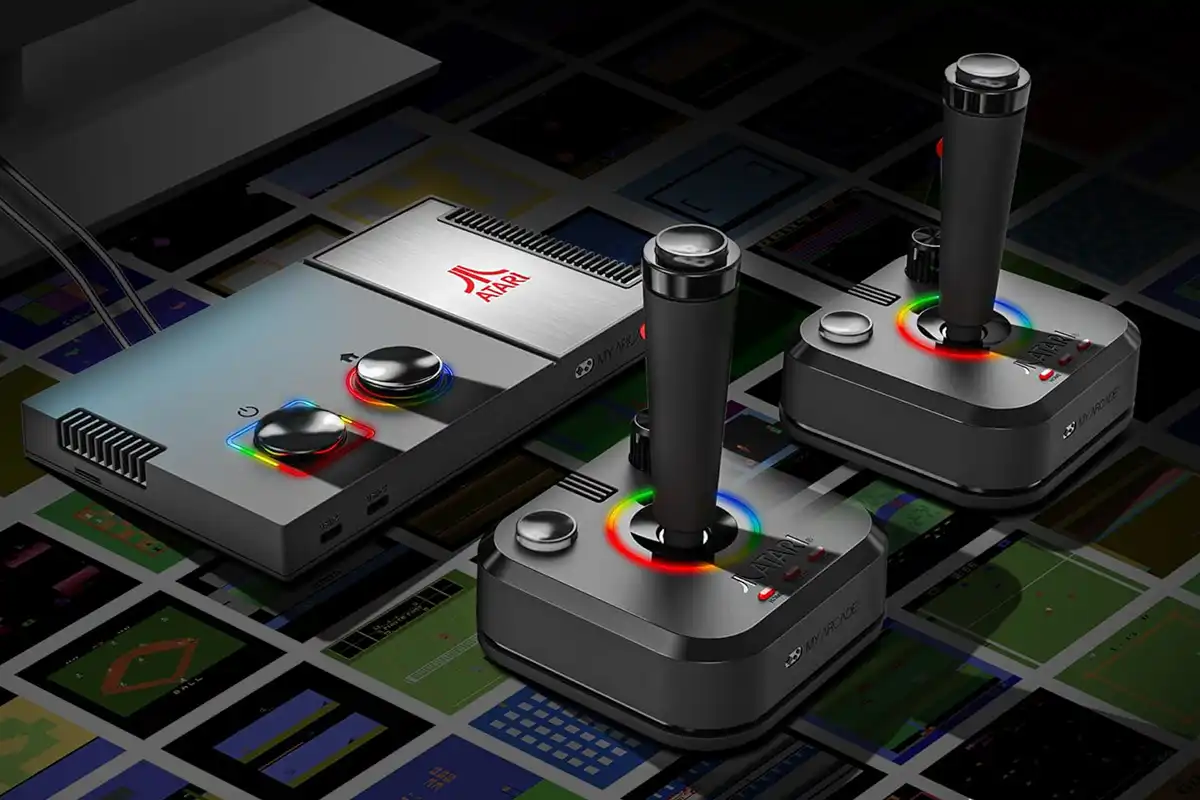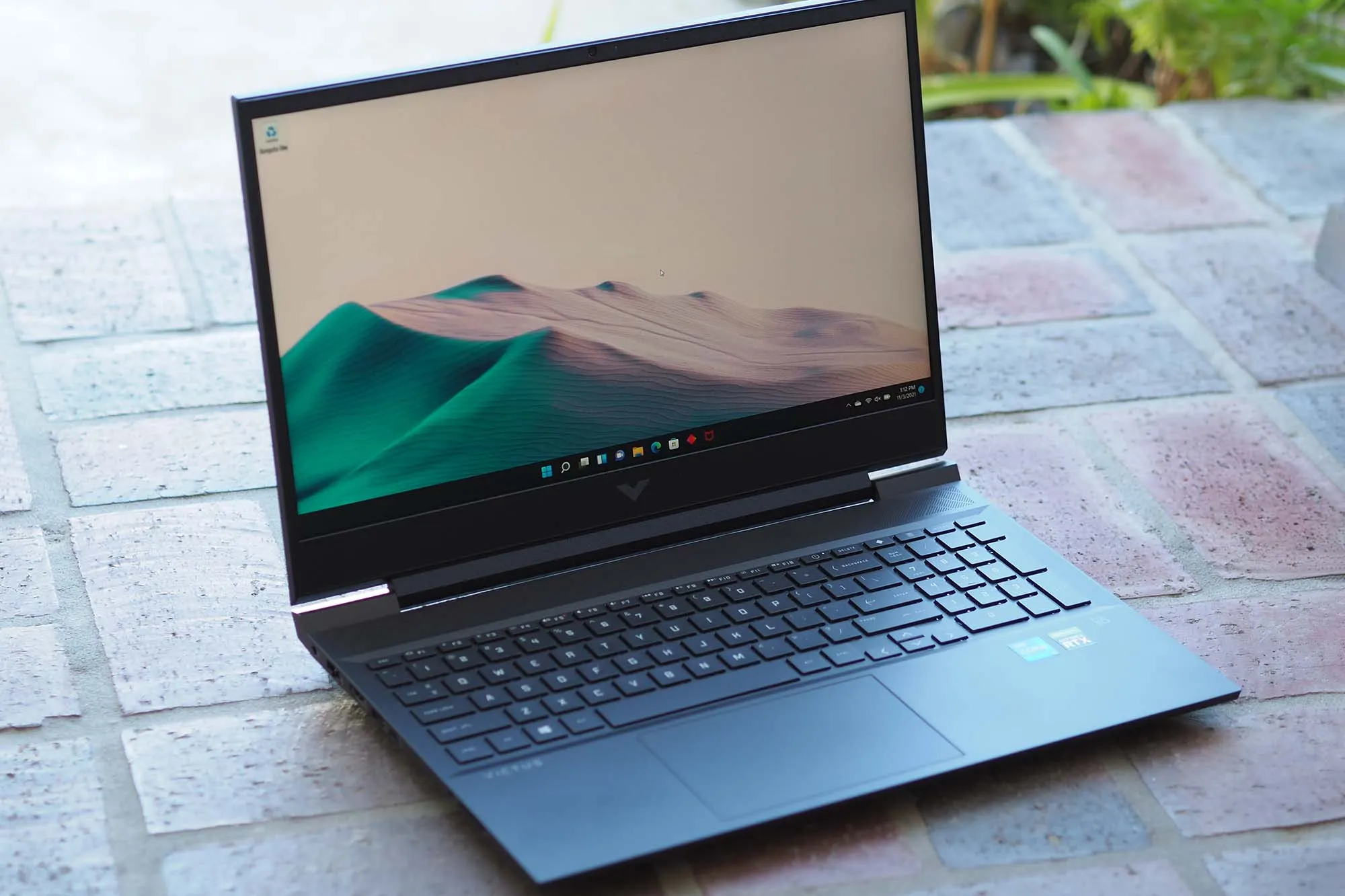
For most users, installing Windows 11 is a straightforward process, provided you meet the hardware requirements and have a valid product key. However, if your PC doesn’t meet these requirements and you’re not ready to upgrade your hardware, sticking with Windows 10 has been the official recommendation.
There’s also been an unofficial workaround: a method to bypass Windows 11’s hardware checks, allowing installation on incompatible machines. Unfortunately, according to a recent update from a Windows Insider (@TheBobPony on X/Twitter), Microsoft has now made this workaround obsolete.
Why the Trick is No Longer Effective:
Previously, users could bypass hardware requirements by launching the Windows 11 setup with the /product server parameter, tricking the installer into treating the PC as a server and ignoring compatibility checks. However, with the release of Insider Build 27686—an update that also increased FAT32’s maximum capacity from 32GB to 2TB—this workaround has been patched.
The workaround still functions in the current Windows 11 version 24H2, but it’s expected to be blocked in future updates based on the Insider build. Microsoft frequently blocks such methods, similar to their recent restriction on installing Windows 11 without a Microsoft account.
Risks of Using the Workaround:
While bypassing system checks might seem tempting, it carries risks. Installing Windows 11 on an unsupported machine could lead to instability and prevent you from receiving future feature updates. These requirements are in place to ensure optimal performance and security.
For now, Windows 10 remains a viable option, but as its support ends in October 2025, you’ll face a decision: upgrade your hardware or opt for Extended Security Updates. If an upgrade is needed, consider a refurbished laptop, which offers significant savings while still providing a like-new experience.




